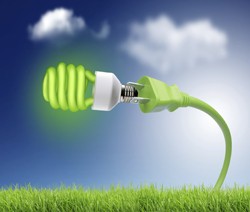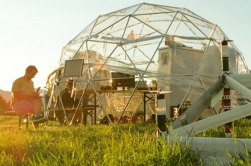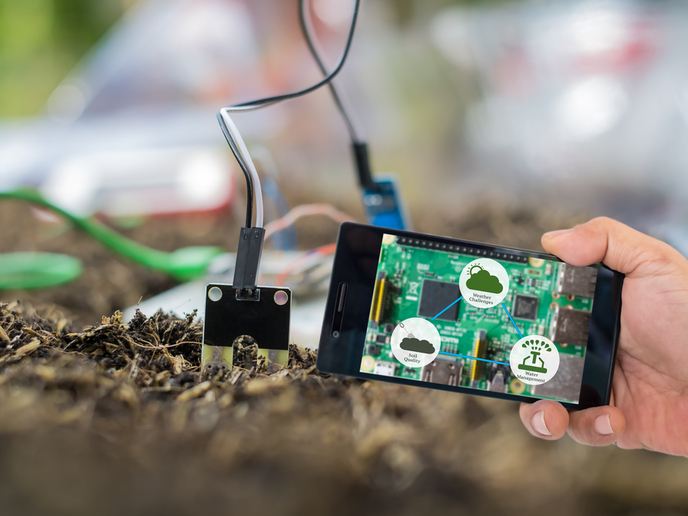Knowledge management for energy
To increase security of energy supply and integration of renewable energy sources, which are important to meet increasing electricity demand and climate change goals, common energy systems are needed. In particular, the transition to clean energy systems can be beneficial for the environment but also energy prices and labour market. The EU-funded project DISKNET (Distributed knowledge-based energy saving networks) was launched to forge research collaborations in energy systems engineering and energy supply chains. Academic institutions from the European Research Area (ERA) countries Greece, Croatia and Hungary partnered with leading non-Member States Jordan, Morocco and Ukraine. A researchers' mobility programme was carried out and a series of training courses, seminars and workshops were organised to stimulate knowledge exchange. Furthermore, DISKNET partners evaluated tools and methodologies for operating, controlling and optimising energy supply chains that involve electric power distribution as well as polygeneration energy systems. Research covered utilisation of geothermal and other renewable energy sources, particularly in desalination plants optimisation of wind and solar energy capture as well as efficient use of waste heat by more accurate estimation of heat transfer area. Furthermore, researchers examined possible side-effects of energy supply on the environment. Knowledge management related to the internet of things has proven a powerful strategy for effective transfer of knowledge. DISKNET results are, therefore, expected to have a significant impact on the energy sector, promoting efficient use of energy resources and adjusting energy supply according to demand. DISKNET partners have already submitted a new proposal for supporting the continued development of collaborations beyond the end of the project, which will form future consortia for joint projects.







